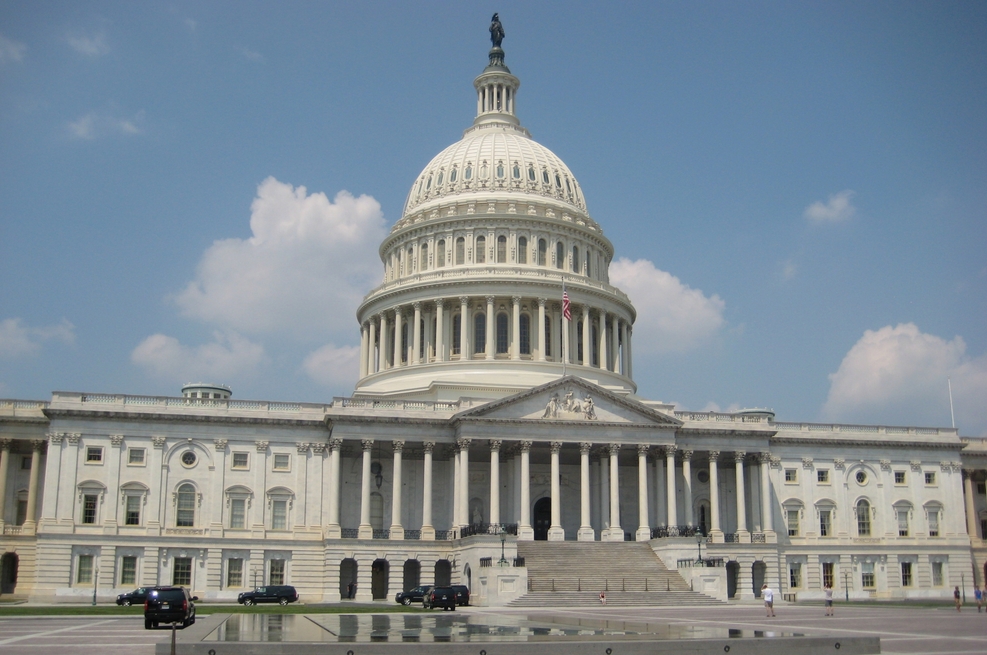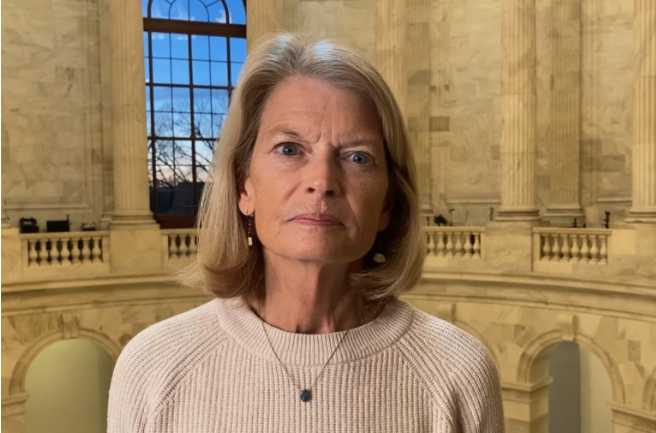WASHINGTON, D.C. – Wednesday, Alaska Congressman Don Young announced his co-sponsorship of the Affordable Housing Credit Improvement Act (AHCIA), joining a growing bipartisan coalition in Congress that supports strengthening an incentive program that has created millions of homes for low-income households in Alaska and across the nation.
The bill expands and strengthens the Low-Income Housing Tax Credit (Housing Credit), the nation’s primary tool and proven model to finance the development and preservation of affordable housing. This critical legislation comes at a time when the need for affordable housing and economic development has reached historic levels.
“For countless families in Alaska and across the country, more than half of every paycheck goes toward their monthly rent. This burden makes paying for groceries, health care, child care, and other essentials increasingly difficult. The economic devastation brought on by the COVID-19 pandemic has only made things worse for struggling families,” said Congressman Don Young. “I am proud to serve as a co-sponsor of the bipartisan Affordable Housing Credit Improvement Act. This legislation takes needed action to address our nation’s shortage of affordable housing units, and will help vulnerable populations across our state. Alaska’s geography is unlike any other state, and building affordable housing units can be tricky. This bill is crucial for Alaska because it increases the Housing Credits allotted to each state by 50 percent over two years. If we can strengthen the Low-Income Housing Tax Credit by streamlining rules and expanding the program’s impact, we can better serve veterans, families in rural areas, Alaska Native communities, and extremely low-income and formerly homeless families. If enacted, millions of low-income families will no longer be forced with the agonizing choice between paying rent or paying for other vital needs. My staff and I have visited many affordable housing developments in Alaska, and I will continue standing up for them and the families they serve in Congress. I urge my colleagues to support this legislation to help secure more housing for our most vulnerable, who deserve to live in safe, affordable homes.”[content id=”79272”]
“We are thrilled to see Congressman Young’s support for legislation that will increase the development of affordable housing nationwide and help rebuild our economy and infrastructure,” said AHTCC Executive Director Emily Cadik. “This bipartisan legislation could provide more than 2 million sorely needed affordable homes over the next decade through a proven model that leverages both the public and private sectors, at a time when investments in affordable housing are urgently needed.”
“More than 10 million households nationwide were paying more than half of their monthly income on rent prior to the COVID-19 crisis, and millions more are now struggling to keep a roof over their heads,” said Matt Josephs, President of the AHTCC Board of Directors and Senior Vice President for Policy at the Local Initiatives Support Corporation. “The Affordable Housing Credit Improvement Act will help address our nation’s severe affordable housing shortage, providing housing stability for millions.”
H.R. 2573 builds on key provisions of the AHCIA of 2019, which earned widespread bipartisan support in the previous Congress. In December of 2020, Congress took a key step by enacting a minimum 4 percent Housing Credit rate. The provision unlocks critically needed Housing Credit equity to help build or preserve 130,000 affordable homes over the next decade.
To respond to the vast and growing need for affordable housing, the AHCIA of 2021 increases the Housing Credit allocation by 50 percent over two years and proposes more than two dozen provisions to streamline and strengthen the program. One key provision would also expand access to Housing Credits by more efficiently using Private Activity Bond financing. The legislation would also make the Housing Credit more effective in hard-to-reach rural and Native American communities, and for populations like veterans and formerly homeless households.
###







